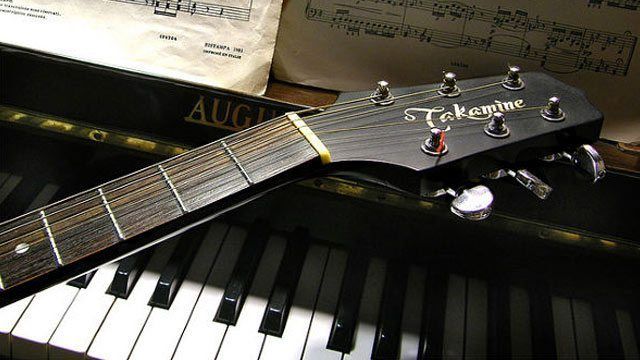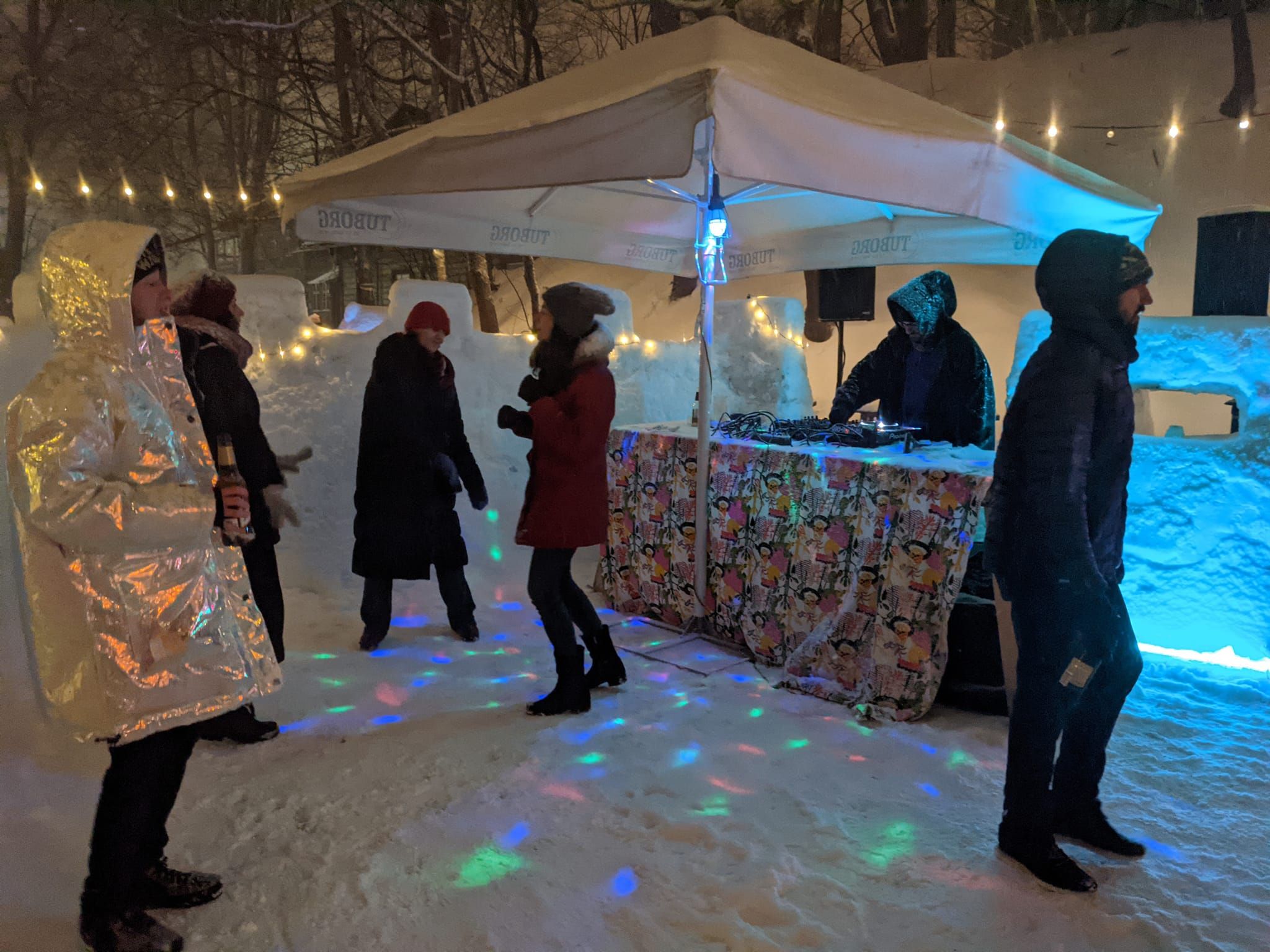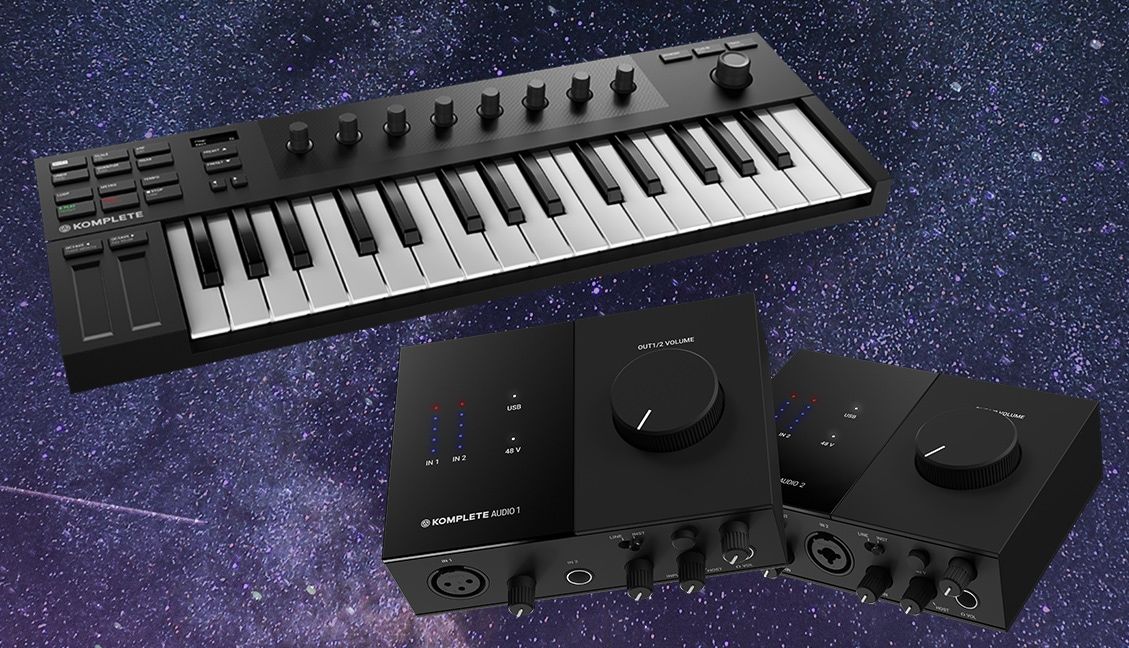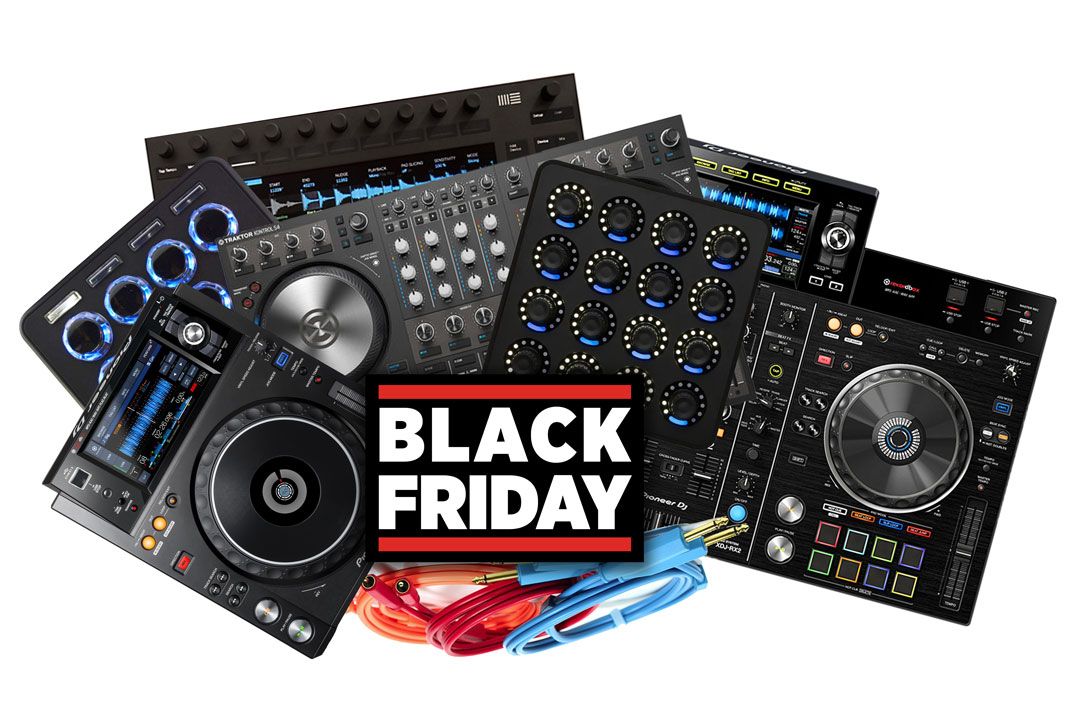Electronic music is a curious medium, in that it does not require you know any traditional instruments but instead to be a generalist in everything. Tools like sequencers and drum machines have allowed creative individuals to express themselves using their ears alone to create music, without requiring years of training in a particular form of musical generation. However, many successful producers and DJs do often have backgrounds in music, and we can’t help but wonder – does it help? Today we look at some of the most popular musical instruments and how much of a benefit they might provide DJs, producers and controllerists.
Instrument: Drums
Learn Online: Drumeo’s YouTube channel has a ton of great, free video content for learning.
Cost Of Instrument: Drums take a significant initial investment if you want a traditional set. Expect to spend $500 at least.
Time to Develop Talent: It’s going to take months before you can play patterns that will compete with good automation so unless you’re truly committed to the skins, this might not be a good instrument to “try out”.
The root of all rhythm, the drums are a powerful instrument to master. Not only do they require independent control over each limb, a mental feat in and of itself, but the drums also demand incredible musical focus – all clutch for great stage performances. Drummers naturally find ways to fit all of the drum sounds, creating space for each hit as they speak together as a group. This can be critical for arranging music or mixing songs.
Benefit for DJs: Drums are all about phrasing and keeping a close eye on how the music is structured by parts. The drummer is keeping careful track of where the breakdowns come up and how the long the chorus goes on for. This is a critical skill for DJs, so drummers certainly have an edge here. The meticulous timing that drummers require does not provide as much benefit to DJs alone and for that reason, it’s a medium that might not be great if DJing is your main goal.
Benefits for Producers: Dance tracks are all about the rhythm and what can separate the really good ones from the pack is how intelligent and energetic that rhythm can be. This is where being a drummer can really shine, as it allows drummers to hand-program beats that provide a human swing and understand the intricate delicacies of a complicated groove. It’s a big commitment, but basic drumming could provide a much-needed edge for the young producer.
Benefits for Controllerists: We have seen a number of drummers-turned-controllerists, but they tend to be rare. One of the main things you learn to leverage is the power of the stick. By changing the angle of the stick, drummers can create very fast, reliable hits all the way up to rapid fire hats. This can be very challenging for fingers because a finger and button paired just do not benefit from the same laws of physics. For that reason we find that controllerists benefit the most from…
Instrument: Piano
Learn Online: Reddit’s r/Piano has a great list of free resources here
Cost Of Instrument: Anywhere from <$100 for a basic MIDI keyboard to $3,000+ for a good piano
Time to develop Talent: 3-6 Piano lessons that teach basic chords combined with a little music theory can go a long way. This is a great pond to gently dip your toes.
The piano is a remarkably powerful instrument and there is a good reason it’s the primary tool for writing music. A good pianist literally has the entire song at his finger tips.
First, the piano is a fantastic rhythmic instrument with a great ability to describe and create compelling rhyme. With the bass on the left hand, chord structure in the right and melody available in the fingers – all of the key elements of a song can be played at once by a single person. This makes it ideal for composing. Many song writers flesh out the song structure on a piano and them move it into the studio to record individual parts. In the following tutorial you can see how Avicii takes a simple chord/bass pattern and moves all of the notes into various parts that create a full song.
Benefits for DJs: Knowing keys and tone is a clutch skill for more advanced DJing. It’s not required at first, and tools like Mixed In Key help a lot, but really understanding music theory will provide a moderate boost over the average DJ. At the very least anyone can take music theory on a piano and only invest 20-40 hours.
Benefits for Producers: Basic piano chops are basically required for modern production. Sure you can invite in session players but the keyboard remains as one of the most efficient ways to record in chords and melody lines. Really knowing the piano well, and being able to play it efficiently provides a huge musical benefit for the new producer, turning you into the song writer as well. I have personally been taking piano lessons and after just a few months, you start to see big results.
Benefits for Controllerists: Did you know our own Riccardo Betti, winner of various contests and all around finger drumming badass is actually a pianist? Well of course that makes sense! What other instrument forces you to train each finger to play perfectly in time and with great dexterity? For the budding controllerist, daily metronome skills with the piano should pay huge dividends.

Instrument: Guitar
Learn Online: There are loads of lessons online, but check out Soundslice, which syncs guitar tabs with YouTube videos – awesome practice tool.
Cost Of Instrument: Like the piano, there’s a range. $200 – $2000 depending on quality.
Time to Develop Talent: Expect basic chords in a few months, which are good for playing arrangements and song writing. Really getting good at the guitar can take years and will leave your fingers sore for months.
A guitar is one of the more versatile instruments, and has been around since (roughly) the 12th century. It’s fundamental to a lot of the early forms of modern music, but has recently seen somewhat of a decline with the increase in electronic pop music.
Improvisation (and the dreaded “noodling”) is easy once you’ve learned basic scales and chords – making the guitar a handy instrument for coming up with new musical ideas. Besides the piano, a guitar is great for writing songs with bass and chords being easy to play together.
Benefits for DJs: As a lifetime guitarist, I am struggling to find how this skill benefited my DJing. Playing the guitar can provide a general knowledge of music, but that’s true of any instrument, so we can’t count it. The problem with learning a guitar is that the sound can be so specific to rock, folk, and country styles – making it less flexible in a DJ context. I have heard a few quality DJ sets with guitar accompaniment and if you can offer both in one person, that might be an easy sell.
Benefits for Producers: There is a reason guitar solos are so popular (with guitarists anyway) – it’s just so tun and easy to play around thanks to the standard tuning of most western guitars. Learn a few pentatonic scales and you can easily write catchy melodies for days with this approachable instrument. One side effect of the guitar is that you also are essentially learning to play a bass. Dance is music is firmly rooted in a good bassline, so having the ability to whip out the Fender and lay down a smooth base line can bring some real dimension to your songs.
Benefits for Controllerists: The main thing controllerists might benefit from is that this instrument forces your non-dominant hand to be very active and engaged. Most right-handed controllerists will find their left side really lags behind in the timing and agility department, but a few guitar lessons could really help.
Instrument: Voice
Learn Online: Reddit (again) has a great article on getting started learning the basics of singing.
Cost Of Instrument: The instrument is free, but good voice lessons often run $20-40 an hour.
Time to Develop Talent: This is the territory where a few good classes can pay off big. It may take a long time to beat Mariah Carey, but just about anyone can fix standard pitch issues quickly.
I recently had the opportunity to ask the world-famous tabla player Zakir Hussain how he practices – his answer was surprising, but typical of most masters.
I don’t practice with my hands – I practice with my voice. Anything I can vocalize, my hands will follow.
As the universally available instrument, you voice can be the easiest instrument around for getting ideas on paper. Now with Ableton’s Audio to MIDI feature – sing a line into Ableton and convert it to a synth with a single click.
Think you are a terrible singer? Two facts:
Some of the most popular dance tracks out there feature small lines delivered by totally non-experienced producers. With a little auto tune and some basic processing almost anyone can sing a decent hook. With vocal’s it’s not about how perfect the line is but how it makes you feel. Often a little raw honesty can work in a great way.
Even if you never record a single vocal track, being able to express musical ideas vocally will translate into all other mediums and almost everyone can benefit from even a few voice lessons. They teach good breathing techniques, increase confidence, and even deepen the natural speaking voice. Who knows – you might even love it and become a full-blown singer after all!
Benefits for DJs: There are several great examples of DJs that also throw vocals into their set. I think it’s a simple and very powerful way to turn a standard mix into a special performance. Collete, a popular house DJ is one of many women whose DJ set and production style is built around their voice.
Benefits for Producers: The easiest way to convey musical ideas in the studio to other musicians is by singing out the idea your imagining. Even if you don’t learn a single instrument, having some very basic vocal chops can really go a long way in being expressive and letting your audience hear what you are feeling.
Benefits for Controllerists: We have to defer to Zakir, arguably the greatest finger drummer alive in that quote above. If he say’s using your voice is great for drumming then chances are stretching those vocal chords is a great way to expand your rhythmic voice.
Related: Mad Zach’s Tutorial on starting a track by beatboxing

FORGET INSTRUMENTS, LEARN MUSIC THEORY
We asked our Twitter followers what instruments they thought were the best to learn, and one response is absolutely worth sharing:
@DJTechTools best answer for all categories – learn basic music theory. This will help you in all areas.
— Dj Aslan (@DjAslan) October 5, 2013
For a lot of the benefits that come with learning an instrument, you don’t need to choose any of the most popular instruments above to gain an understanding of the rules behind music. Learning music theory not only will make songwriting, producing, and remixing easier, but it also means that on the decks you’re much more likely to be able to smartly select a mix that works harmonically without relying on sometimes-accurate key detection software.
Learn now: the best thing about just focusing on theory is there are loads of free resources out there to get started with. We can recommend the cheap phone apps and free lessons available on Musictheory.net as a great place to start.












